- 585 Posts
- 312 Comments


































 1·8 months ago
1·8 months agoAn attack on the midstream is fundamentally different from burning oil at the well in terms of how it affects how much carbon goes into the atmosphere; it results in oil not being extracted and burned.

Definitely. The whole offset/credit market has incredibly fraud-ridden.

 31·8 months ago
31·8 months agoBurning an oil well directly burns oil which people would otherwise burned, while raising prices and encouraging additional extraction. I’ll also note that Saddam Hussein had people light the oil wells on fire before the US moved in.
An attack on a refinery prevents oil from being burned, and can’t burn oil that’s not there. I’d prefer to see them shut down in a planned matter, but this is better than keeping them going.
Different things are different. Deal with it.

 31·8 months ago
31·8 months agoPrevent crude oil from being refined, and it’s not useful, so people don’t burn it. The quantities passed through the refinery are far greater than the amount present at it on any given day, so one less refinery means a whole lot less consumption.

 58·8 months ago
58·8 months agoKey difference: a major failure at the nuclear reactor is can kill people across a large area.
Taking out refineries is going to raise the cost of gas, and lower the value of oil, resulting in both a cut to drilling and to burning, which is a net benefit for people.

In places with favorable geology, they can work until sea level rises enough to overtop them.

Meanwhile, there are starting to be wind billionaires.

You could of course do the transition in a planned, neighborhood-by-neighborhood manner, subsidizing people who can’t afford to make the switch. Doing that lets you decommission infrastructure as neighborhoods get off gas, and avoids that price spiral for the remaining few stuck on it.

It is, but it becomes increasingly impractical and expensive as you start dealing with bigger and older trees; you need to scoop up a big part of the root system.

Neither. It’s going to mean changing how buildings are heated, what kinds of materials are used for construction and rennovation, how electricity is purchased, (that was already changing) how transportation is done, and what kind of food is served on campus.

They’ve been fighting like this since the beginning. It’s not new, though the specific details of what they’re up to are.

Only way we’re going to get more is if we elect enough Democrats to both houses of Congress and the Presidency: the Republicans are trying to defund clean energy.:
Former President Donald J. Trump, the front-runner for the Republican nomination, has repeatedly attacked central elements of the Inflation Reduction Act, including tax credits for purchasing electric vehicles. As a result, corporate executives have begun facing questions in recent weeks about the possibility that the legislation could be rolled back or changed in ways that could affect their clean energy investment decisions.
Republican lawmakers have tried, unsuccessfully, to repeal much of the law since it was passed entirely with Democratic votes in 2022. Company officials and energy researchers say a broad repeal of the law remains unlikely, given that many new projects are creating jobs and generating investment in Republican districts.
If you want it, and you’re an American, it’s important to get involved. That means not just voting, but joining volunteer efforts, and if you can afford it, donating as well.

The rules let you get the tax credit as a rebate when the upgrade is done, though I don’t think that has fully rolled out.
The reality is that in much (though not all) of the country, it’s cost-effective to replace a near-end-of-life fossil furnace with a heat pump, since it will lower their ongoing heating bill. People do still need to substitute capital for future fuel payments, and that’s a big deal, but it’s a lot better than it was.

 2·8 months ago
2·8 months agoYes, that’s the hope. It’s still more expensive than silicon cells. But this gives it a plausible path to commercial viability.

Yeah, getting people out of cars tends to require policy decisions to promote transit, cycling, and walking.

In the US, panel upgrades are subsidized by the Inflation Reduction Act too. It won’t cover the full cost of getting off gas, but it does make it appreciably cheaper.

What’s new is that heat pumps capable of warming a house in truly cold weather became commercially available in the US

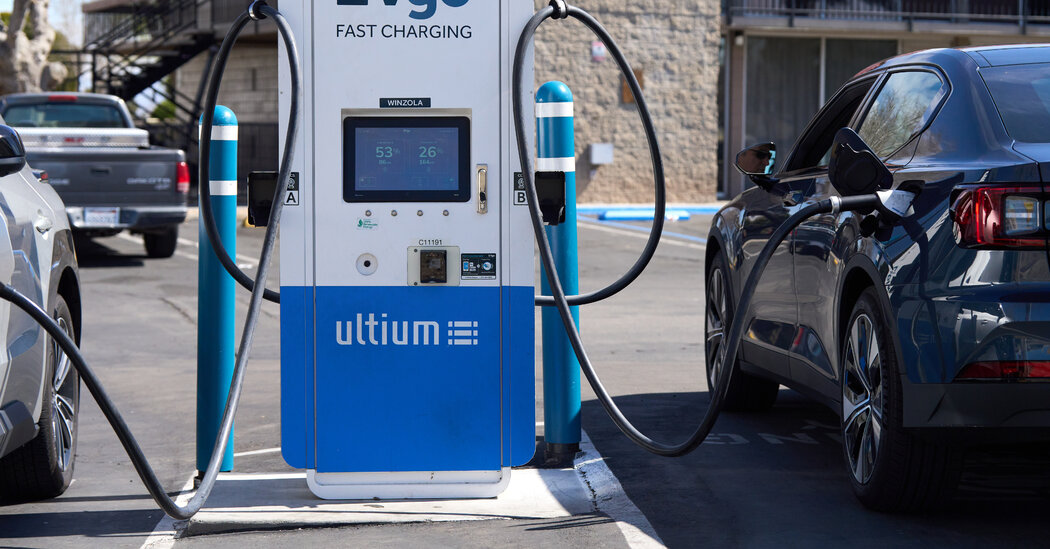
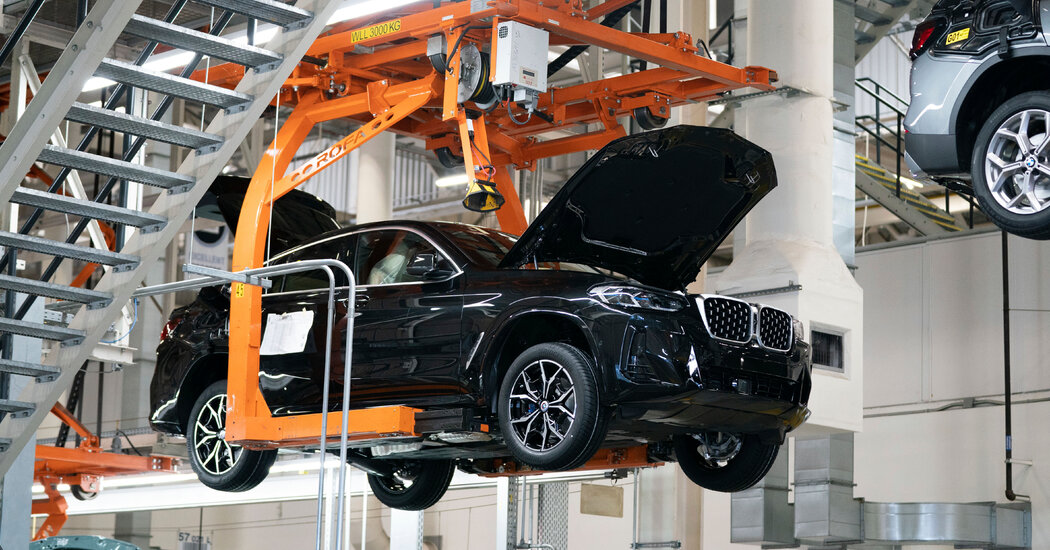
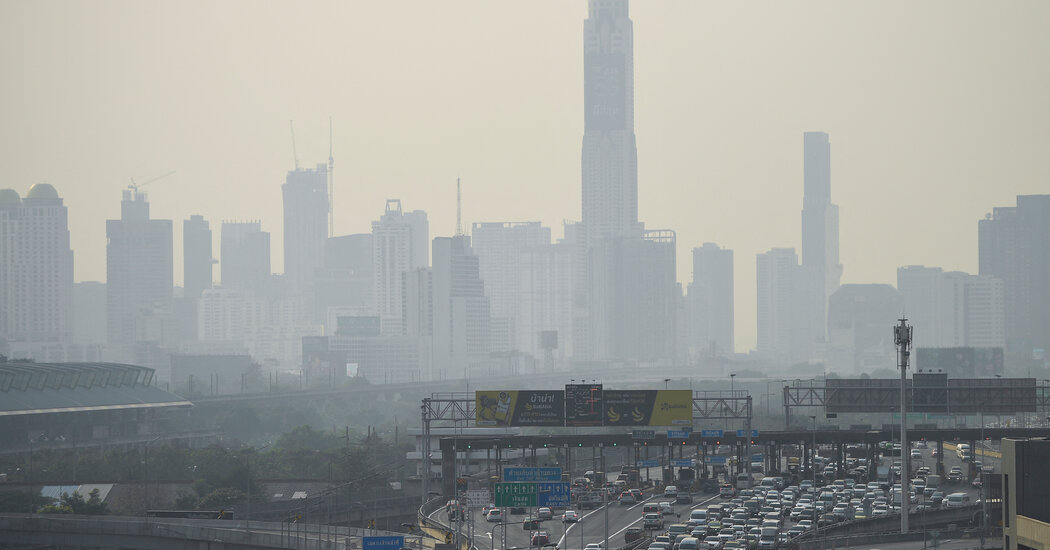

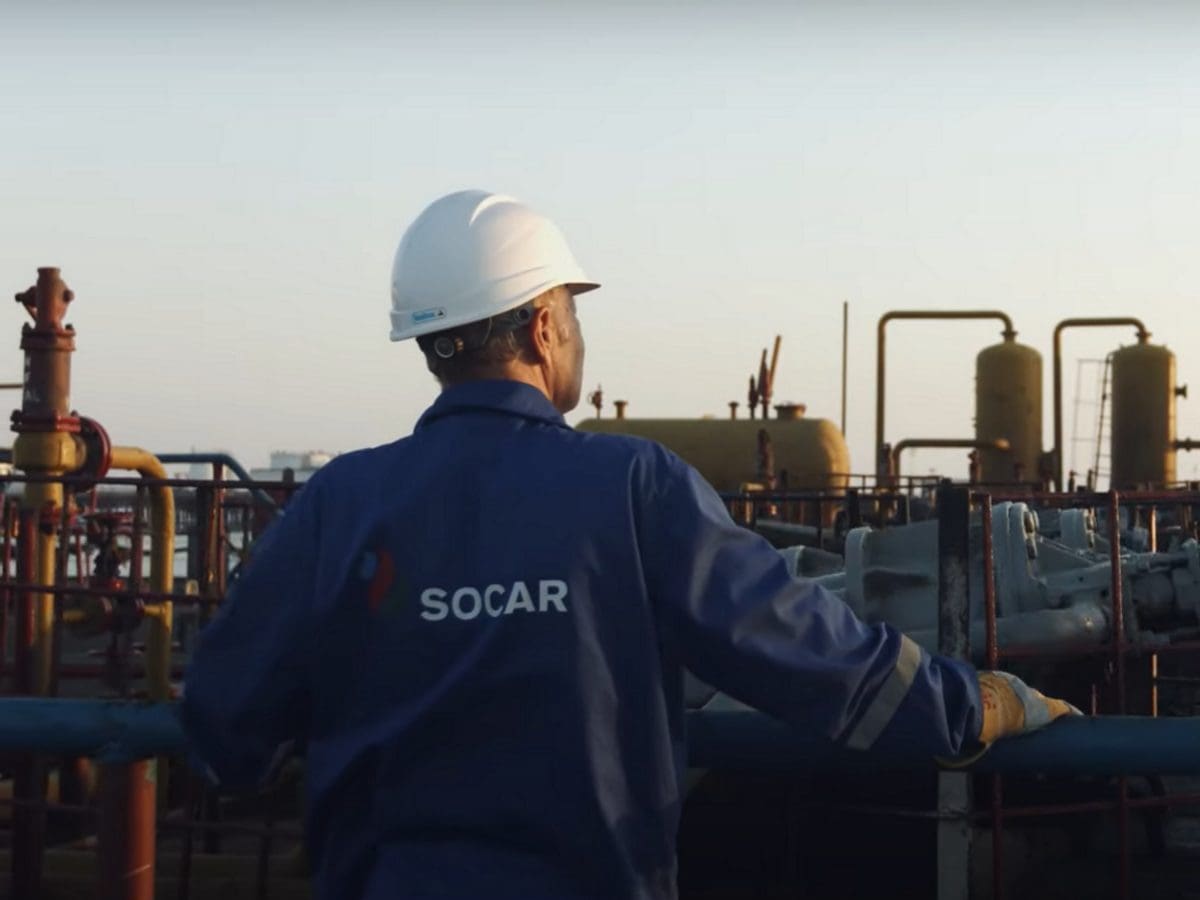
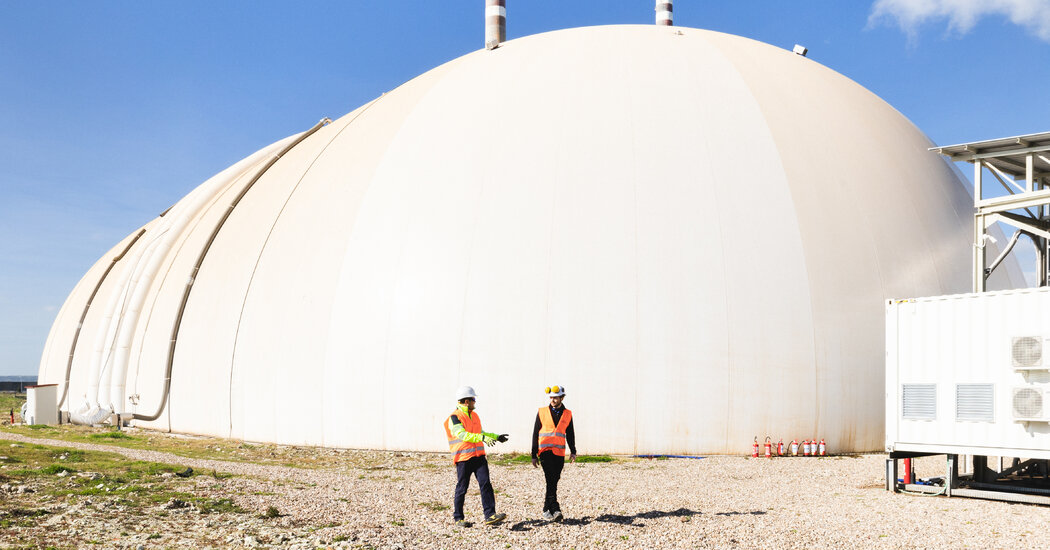

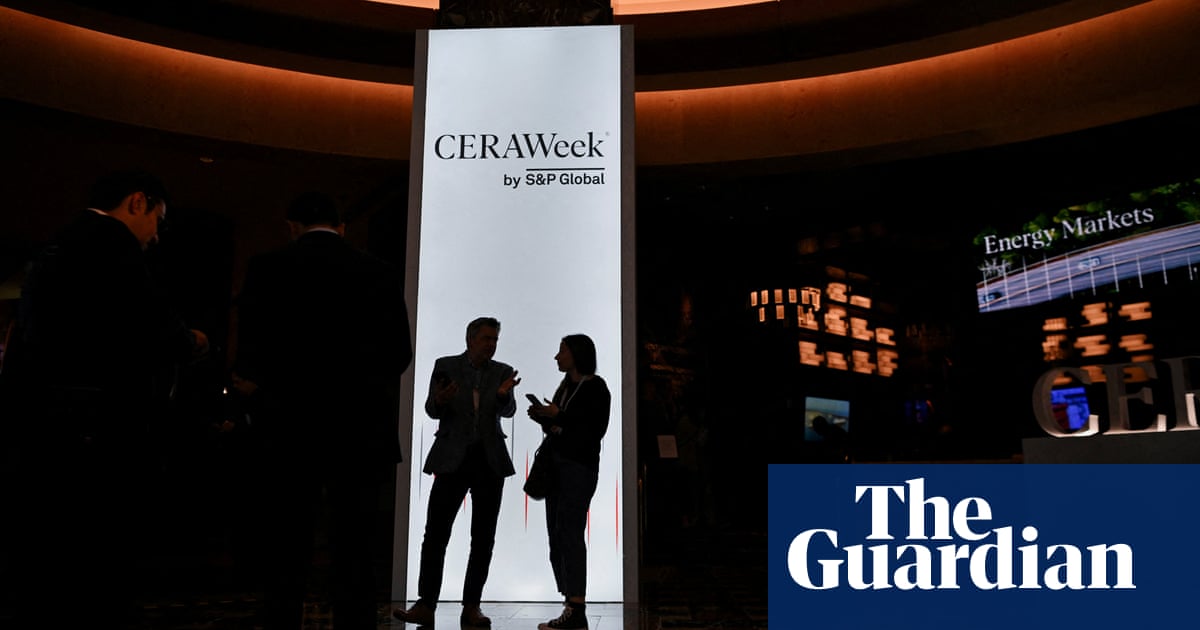
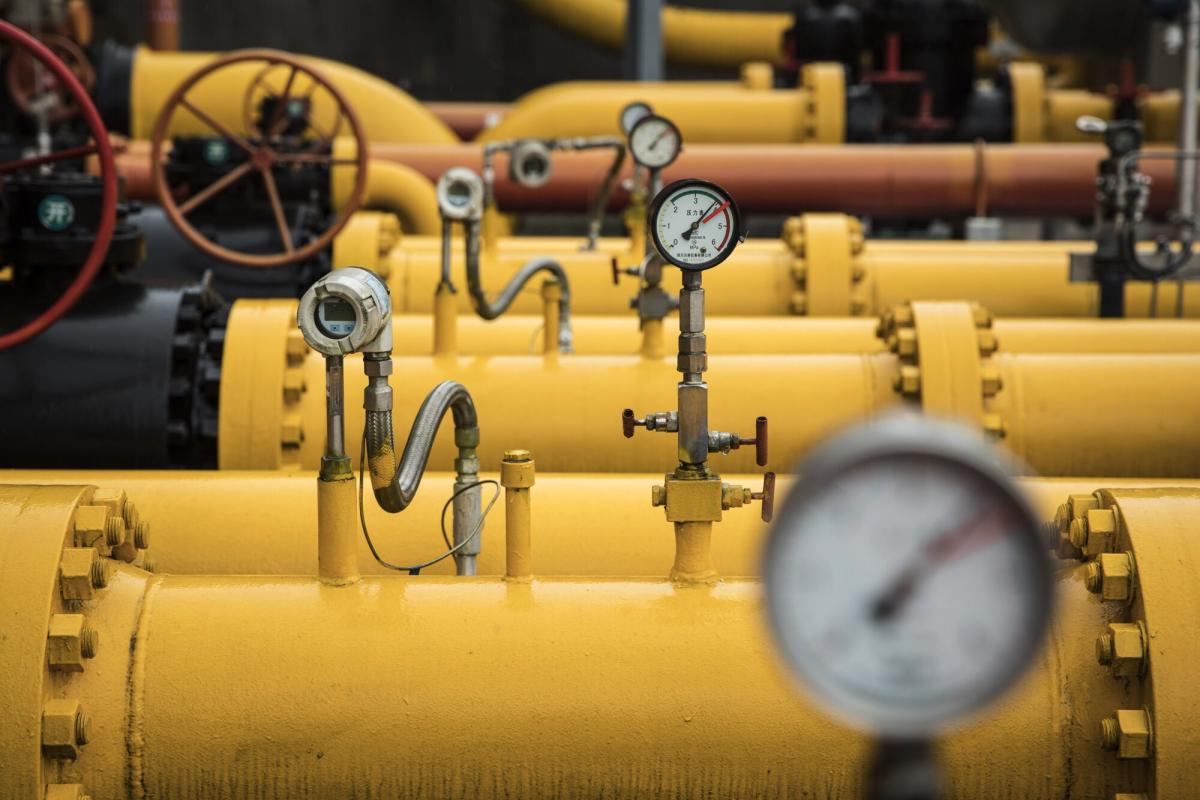

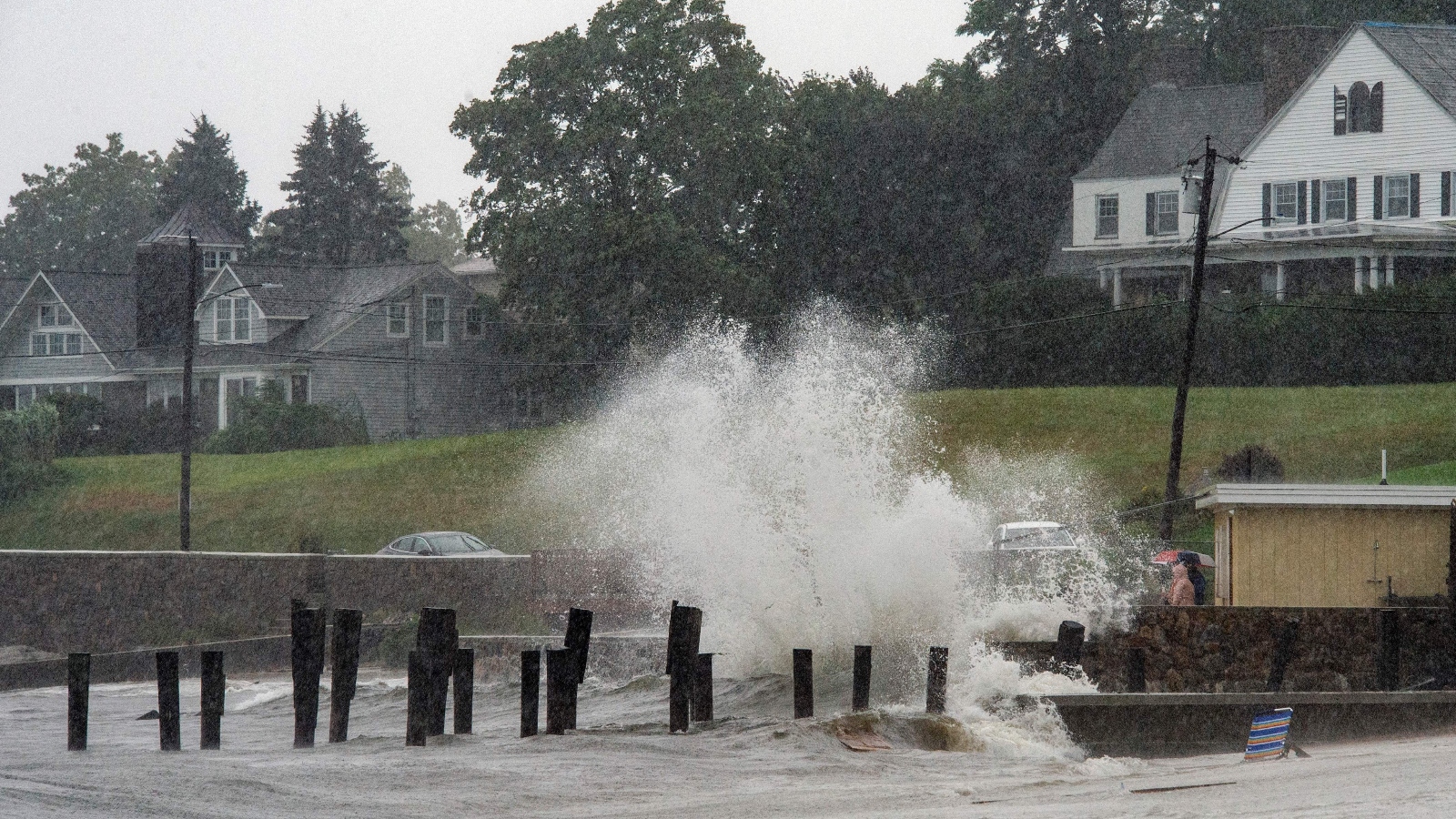


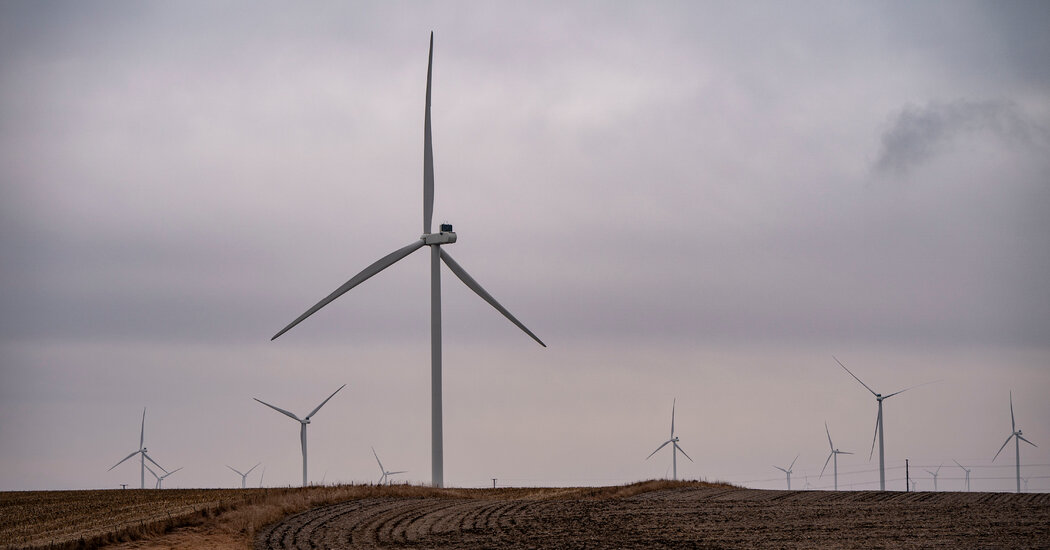

With more and better Democrats, it’s possible. Not this year (the Republicans hold a majority in the House) but as the industry starts to go into decline, we’ll pull it off, and accelerate the phase-out.